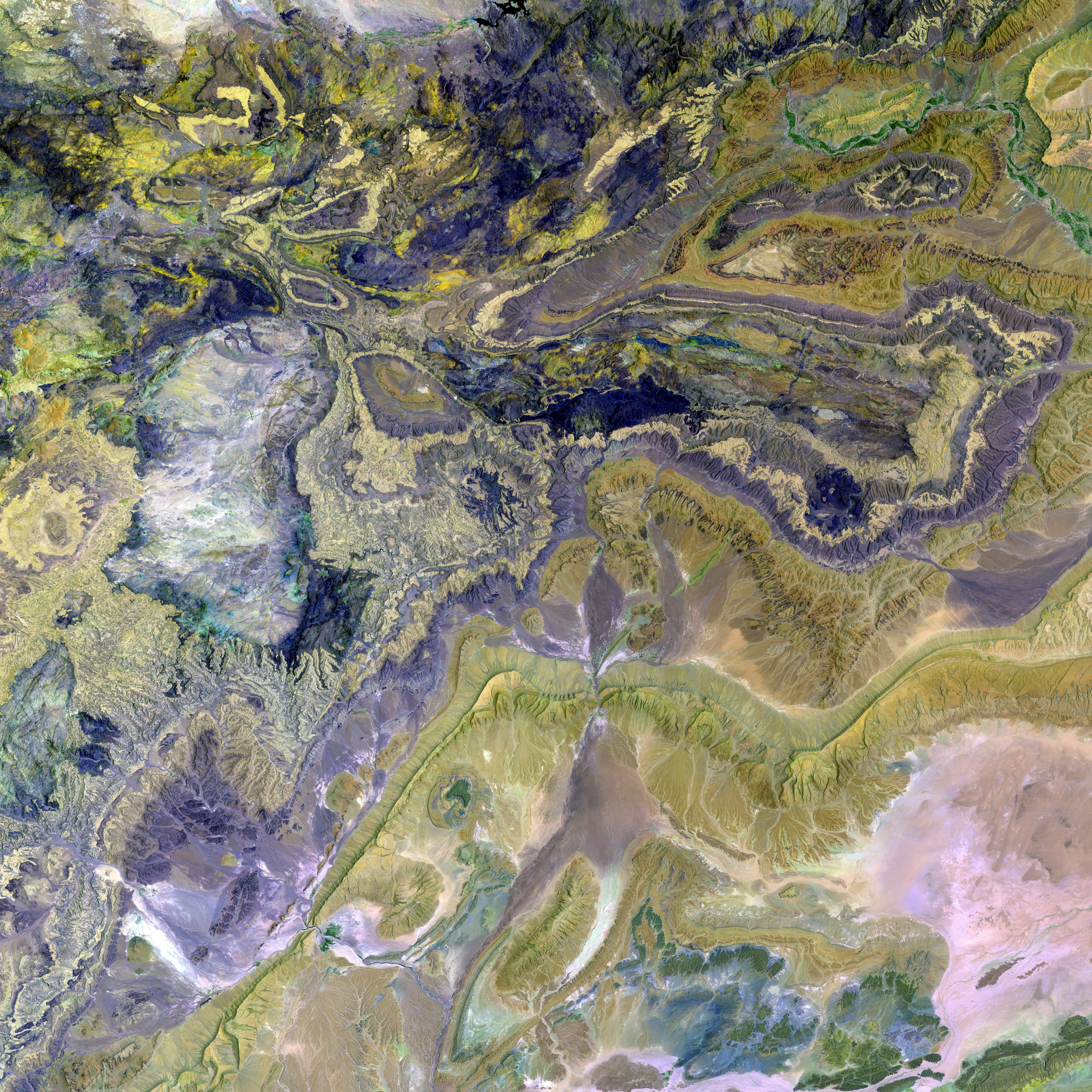Exploring the Family Ties and Power Influence of Political Clans in the Philippines
In the vibrant nation of the Philippines, political dynasties reign much like brand empires - age-old family names trumpeted with fervor, boasting influence, power, and a stranglehold on political dominance that spans generations.
A family's reputation becomes its currency, manipulated to win voter confidence, fortify power bases, and steer public opinion, often drowning out new leaders and reformists.
Tracing back to the Philippines' historical tapestry, the roots of political dynasties can be found long before Spanish colonization. Local leadership roles, such as the datus, governed barangays, till the Spanish disrupted this setup with the implementations of the reducción system and the formation of the principalía - an elite class of native leaders granted authority, wealth, and land.
Historian Juan Antonio Inarejos observed that these elites misused their power, resorting to extortion and land grabbing to increase their influence and gain favor. In the American colonial era, power further consolidated as suffrage and public office remained restricted to Americans and the principalía, thereby reinforcing social stratification and capitalizing on nepotism.
Through the passage of time, older dynasties faded, with new ones taking up the mantle. Today, political families occupy the majority of government positions across the country.
To put it simply, a political dynasty encompasses multiple family members occupying elected positions, often one after another or simultaneously - a cyclical pattern of political control. According to a study by the Ateneo School of Government, these dynasties are associated with widespread poverty, governance issues, conflicts of interest, unchecked corruption, nepotism, cronyism, human rights violations, and numerous high-profile political scandals.
In essence, their grip on power extends beyond the election arena, permeating the judicial system, law enforcement, and public institutions, making them nearly impossible to topple and threatening to act with impunity.
Political dynasties are classified into two categories: "thin" and "fat." A "thin" dynasty controls a single elected position over time, whereas a "fat" dynasty commands multiple government positions simultaneously.
A 2025 report by the Philippine Center for Investigative Journalism found that 113 of the country's 149 city mayors belong to political dynasties. A staggering 53% of these city mayors are dynasts seeking reelection, with 27 currently contemplating family members as their successors while competing for other positions.
Previous research conducted by the PCIJ demonstrates that political dynasties also dominate congressional districts, party-list groups, and gubernatorial races. By 2025, dynastic influence is forecasted to have grown significantly in the provincial governor roles (80% ongoing control by "fat dynasties"), the House of Representatives (67% dynastic representation), and mayoral posts (53% dynast-controlled positions).
The entrenched political landscape has given birth to four presidential figures since 2001 who are descendants of political dynasties - the Marcoses, Dutertes, Aquinos, and Macapagal-Arroyos - all having left indelible footprints on the nation's 21st-century political landscape.
Article II, Section 26 of the 1987 Philippine Constitution outlaw political dynasties, but to date, no law has come into effect to enforce this provision. Political clans, who continue to dominate Congress, have thwarted all attempts at enacting an enabling law, with numerous bills failing to garner support since the implementation of the Constitution in 1987.
Civil society organizations and legal scholars persistently push for reform, with figures like the late Senator Miriam Defensor Santiago, Gabriela, ACT, Anakpawis, Kabataan, Movement Against Dynasties (MAD), and Anti-Dynasty Movement (Andayamo) tirelessly advocating for an amendment to the law. Nevertheless, political dynasties remain deeply entrenched within the country's political structure, impairing inclusive and accountable governance.
Victims of election-related violence encompass not only candidates but also supporters, voters, and election officers. Political dynamo Neil Ryan Pancho warned that violence often escalates in local elections, owing to personal rivalries between dynasties. The dramatic feud between the Ampatuan and Mangudadatu clans culminated in the tragic 2009 Maguindanao massacre, which took the lives of 58 individuals, including 32 journalists.
Election officer eradication remains rife in Mindanao, where clan feuds (rido) frequently flare into violent confrontations. In 2025, Election Officer Atty. Maceda Abo and her husband Jojo were tragically ambushed and murdered along the Cotabato-Shariff Aguak Road in Datu Odin Sinsuat, Maguindanao del Norte.
In concluded, political dynasties in the Philippines have deep historical roots, dating back to colonial times, and continue to shape the nation's democratic landscape by limiting political competition, fostering patronage and corruption, and consolidating power among the elite.
- The Philippines' political landscape is dominated by political dynasties, with many government positions held by multiple family members, creating a cyclical pattern of control.
- These political dynasties, whether "thin" or "fat," are linked to widespread poverty, governance issues, conflicts of interest, corruption, nepotism, cronyism, human rights violations, and numerous high-profile political scandals.
- According to a 2025 report by the Philippine Center for Investigative Journalism, 113 of the country's 149 city mayors belong to political dynasties, with a significant number seeking reelection or planning for family members to succeed them.
- The entrenched political landscape, where political clans dominate Congress, has impeded efforts to enact laws that would help dismantle political dynasties, as attempts to pass enabling laws have been thwarted since the 1987 Constitution was implemented.
- Victims of election-related violence are not only candidates but also supporters, voters, and election officers, with cases of election officer eradication being common in Mindanao, where feuds between clans often escalate into violence.

![[Description Paraphrased] Man holding a 'Make America Great Again' hat, standing on a divided street with protestors, both groups expressing contrasting viewpoints. Exploration of Philippine Political Clans: Origins, Influence on Administration, and Persistent Calls for Regulatory Reform](https://asb-media.info/en/img/20250512030334_pexels-image-search-image-description-sunset-beach-landscape.jpeg)





